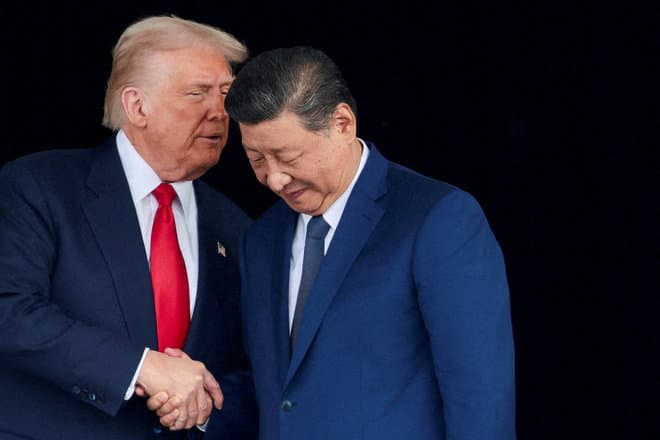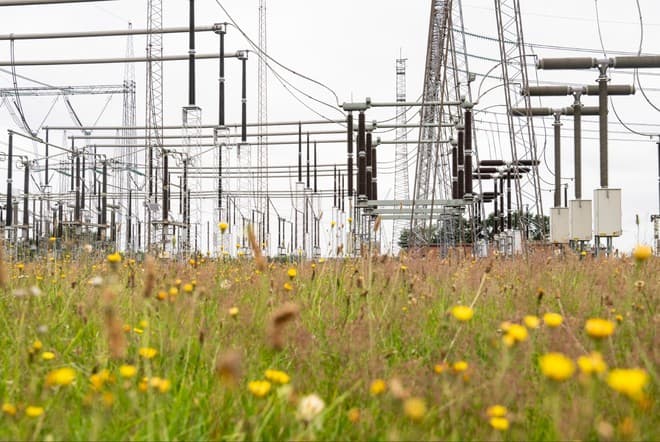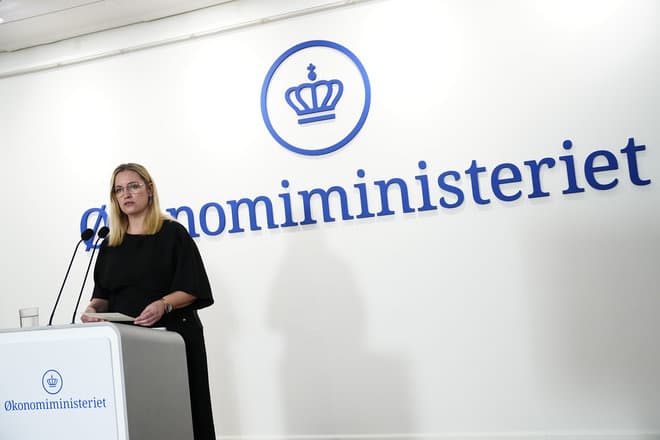
After a nine-hour ministerial meeting, the EU countries managed to agree on a declaration of intent on the 2035 climate target on Thursday, which the EU will submit to the UN in September. This was announced by the Danish EU presidency.
This will prevent the EU from showing up empty-handed at the UN General Assembly in New York next week.
Minister for Climate, Energy and Utilities Lars Aagaard (M) says about the declaration of intent:
- Today, all 27 member states have come together to support the declaration of intent on the EU's NDC. We continue to stand together and will speak with one clear voice at the UN. This shows the will of the EU and the member states to find solutions and promote global climate efforts, says Lars Aagaard.
NDC stands for National Determined Contributions. These are the promises that the EU and the other participants will make at the upcoming UN climate conference in Brazil in November.
In the declaration of intent, the EU countries have agreed on a range of between 66.3 percent and 72.5 percent reduction in greenhouse gases compared to the 1990 level.
This is stated by EU Commissioner for Climate Action Wopke Hoekstra.
- The British have a higher target, but it is a very ambitious range. I hope that many others will match it, says Dutch Wopke Hoekstra.
The Danish EU presidency is now seeking to determine the precise target at a new ministerial meeting before COP30. That's what Lars Aagaard says.
Despite disagreement, the direction is now clear
Although the EU countries have not yet agreed on a specific target, "the direction is clear," says Wopke Hoekstra.
The Danish goal was originally that Thursday's ministerial meeting would be used to unite the EU countries around the EU's own 2040 climate target. The EU Commission has proposed that this should be a reduction in greenhouse gases of 90 percent compared to the level in 1990.
Based on that target, the EU countries would then agree on an ambitious 2035 target, which the EU will submit to the UN in September, and which will constitute the EU's message at COP30.
But Denmark had to give up on that last week after resistance from Germany and France, supported by a number of the EU's industrially heavy countries such as Italy, Poland, the Czech Republic, Slovakia and Hungary. Instead, they wanted the 2040 target to be discussed at an EU summit, where a decision would require unanimity.
However, after Thursday's ministerial meeting, Lars Aagaard emphasizes that there is agreement that the leaders of the EU countries should initially only provide guidance on how they want the 2040 target and the target for the UN to be determined.
The decision itself will then probably be made at an extraordinary meeting of the EU countries' environment ministers before COP30.
- The Danish EU Presidency is very pleased that the heads of state and government are being involved. These are decisions that will be with us for many years and that have an impact on many sectors, says Lars Aagaard.
He emphasizes that the UN target must be determined before COP30 in November, but he leaves it open whether the extraordinary ministerial meeting will also decide on the 2040 target.
- We will listen to the guidance we receive at the EU summit in October, and then we must make the decision after that, says Lars Aagaard.
If the EU summit returns the decision on the 2040 target to the EU countries' environment ministers, then the decision can be made by qualified majority.
However, Wopke Hoekstra emphasizes that the largest possible number of countries must be gathered behind the decision rather than pushing a decision through with the narrowest possible majority.
/ritzau/
Text, graphics, images, sound, and other content on this website are protected under copyright law. DK Medier reserves all rights to the content, including the right to exploit the content for the purpose of text and data mining, cf. Section 11b of the Copyright Act and Article 4 of the DSM Directive.
Customers with IP agreements/major customer agreements may only share Danish Offshore Industry articles internally for the purpose of handling specific cases. Sharing in connection with specific cases refers to journaling, archiving, or similar uses.
Customers with a personal subscription/login may not share Danish Offshore Industry articles with individuals who do not themselves have a personal subscription to Danish Offshore Industry.
Any deviation from the above requires written consent from DK Medier.
























